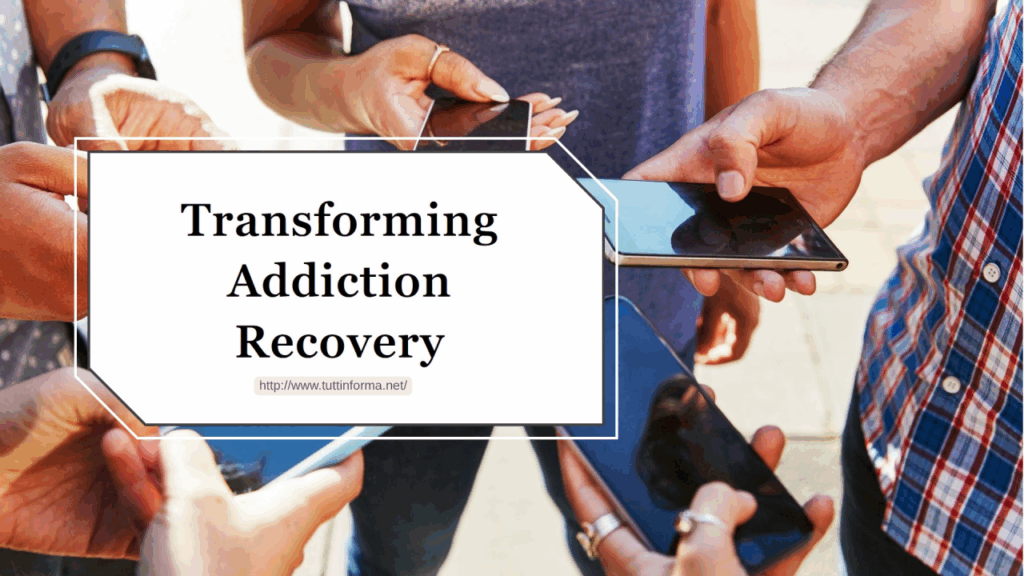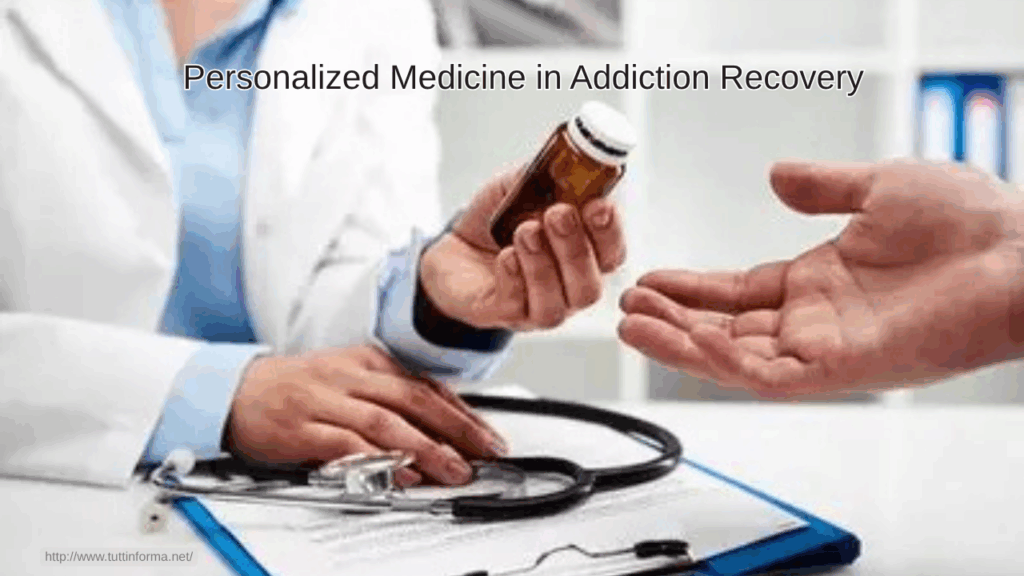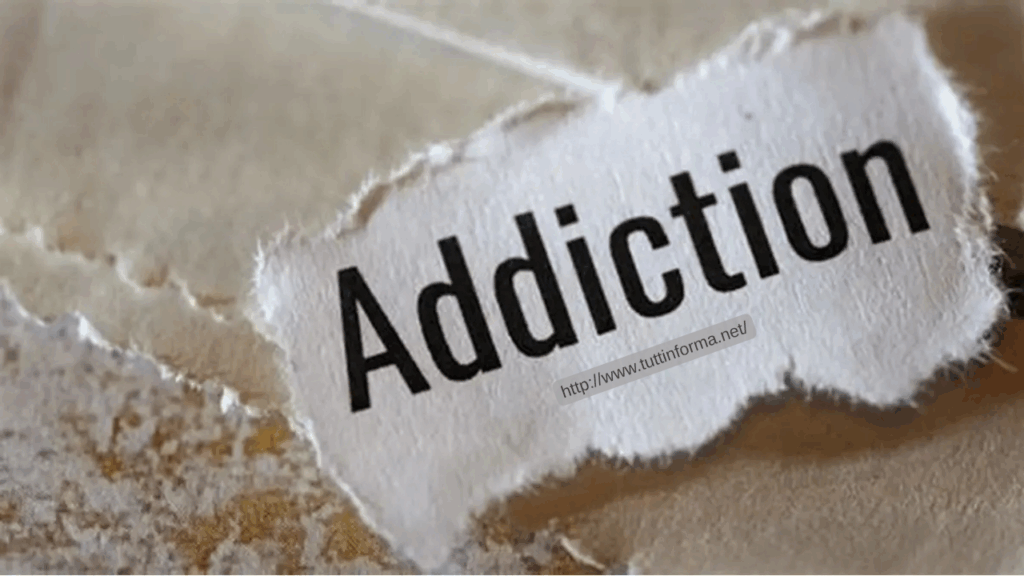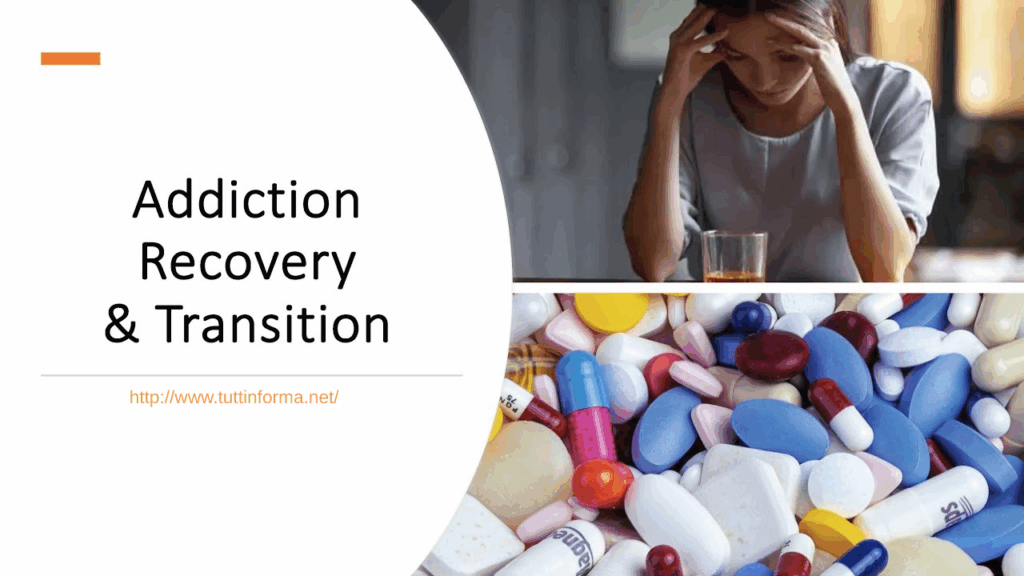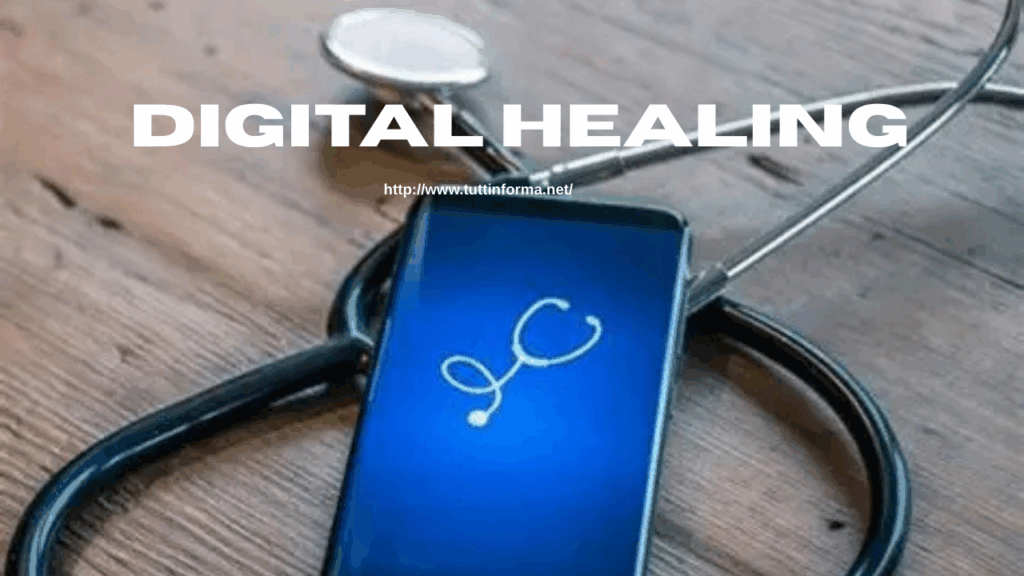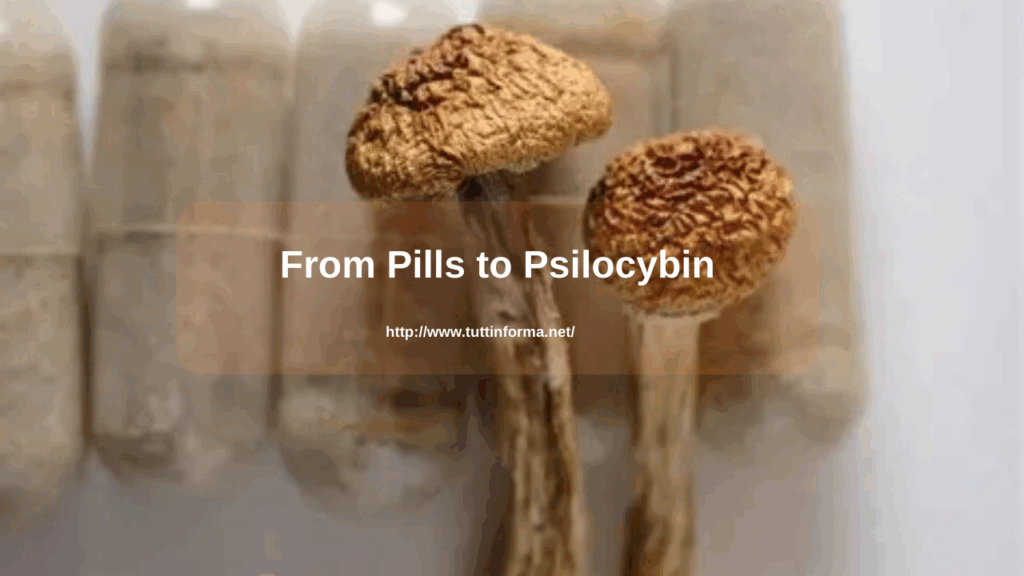Addiction knows no boundaries. It affects individuals, families, and communities worldwide, creating a universal need for effective treatment and support. The future of addiction medicine is being shaped by global collaboration, bringing together researchers, clinicians, and treatment centers to share knowledge, innovate, and improve outcomes. At Tuttinforma, we believe that connecting expertise from around the world enhances recovery, integrates the latest scientific findings, and empowers individuals to access care that is both compassionate and evidence-based.
The Power of Global Collaboration in Addiction Care
Sharing Research Across Borders
International collaboration allows researchers and clinicians to learn from diverse approaches to addiction treatment. Studies conducted in different countries provide unique insights into behavioral therapies, medication-assisted treatments, and mental health interventions. Tuttinforma highlights this research and translates it into practical information that helps individuals make informed decisions about their care.
Standardizing Best Practices
Global collaboration also supports the standardization of best practices. By comparing treatment outcomes and protocols worldwide, healthcare professionals can identify which strategies are most effective. This ensures that individuals have access to high-quality, evidence-based care, whether through inpatient or outpatient programs.
Integrating Mental Health and Addiction Recovery
Understanding Co-Occurring Disorders
Addiction rarely exists in isolation. Many individuals struggle with mental health challenges such as anxiety, depression, or trauma alongside substance use disorders. Global research emphasizes the importance of integrating mental health treatment with addiction care. Tuttinforma provides guidance on therapy options, counseling techniques, and psychiatric support to address these co-occurring conditions.
Personalized Treatment for Every Individual
Recognizing that each person’s journey is unique, personalized treatment is essential. Global insights inform approaches that consider medical history, genetic factors, and social support systems. Whether an individual participates in inpatient or outpatient programs, care plans are tailored to maximize the likelihood of sustained recovery.
Holistic and Faith-Based Approaches Around the World
Treating the Whole Person
Research from multiple countries has shown that holistic therapies can significantly enhance recovery outcomes. Mindfulness, yoga, nutritional counseling, and physical activity all contribute to mental and physical well-being. Tuttinforma emphasizes these approaches as part of a comprehensive care plan that addresses every aspect of a person’s life.
Spirituality as a Recovery Tool
Faith-based programs provide support for individuals seeking spiritual guidance during their recovery journey. Global studies demonstrate that spiritual engagement and community support can improve emotional resilience and provide motivation to maintain sobriety. At Tuttinforma, faith-based care is integrated alongside medical treatment and holistic therapies for those who find it meaningful.
Innovations in Treatment Through Global Partnerships
Global collaboration fosters innovation by introducing new therapies and technologies into mainstream addiction care. From advances in medication-assisted treatment to emerging psychedelic therapies and digital health tools, shared knowledge allows clinicians to implement treatments that are both safe and effective. Telehealth and virtual counseling platforms have also expanded access to care, particularly for individuals in remote or underserved areas.
Connecting Knowledge, Compassion, and Recovery
Addiction treatment is more effective when knowledge and compassion cross borders. By learning from global research, sharing best practices, and integrating holistic and faith-based approaches, Tuttinforma provides individuals with care that is both innovative and personalized.
If you or a loved one is seeking addiction treatment, reaching out for support is the first step toward recovery. Tuttinforma combines medical expertise, mental health care, and holistic therapies to help individuals regain control of their lives and build a sustainable path to wellness. Explore our resources today and take the first step toward a healthier future.


